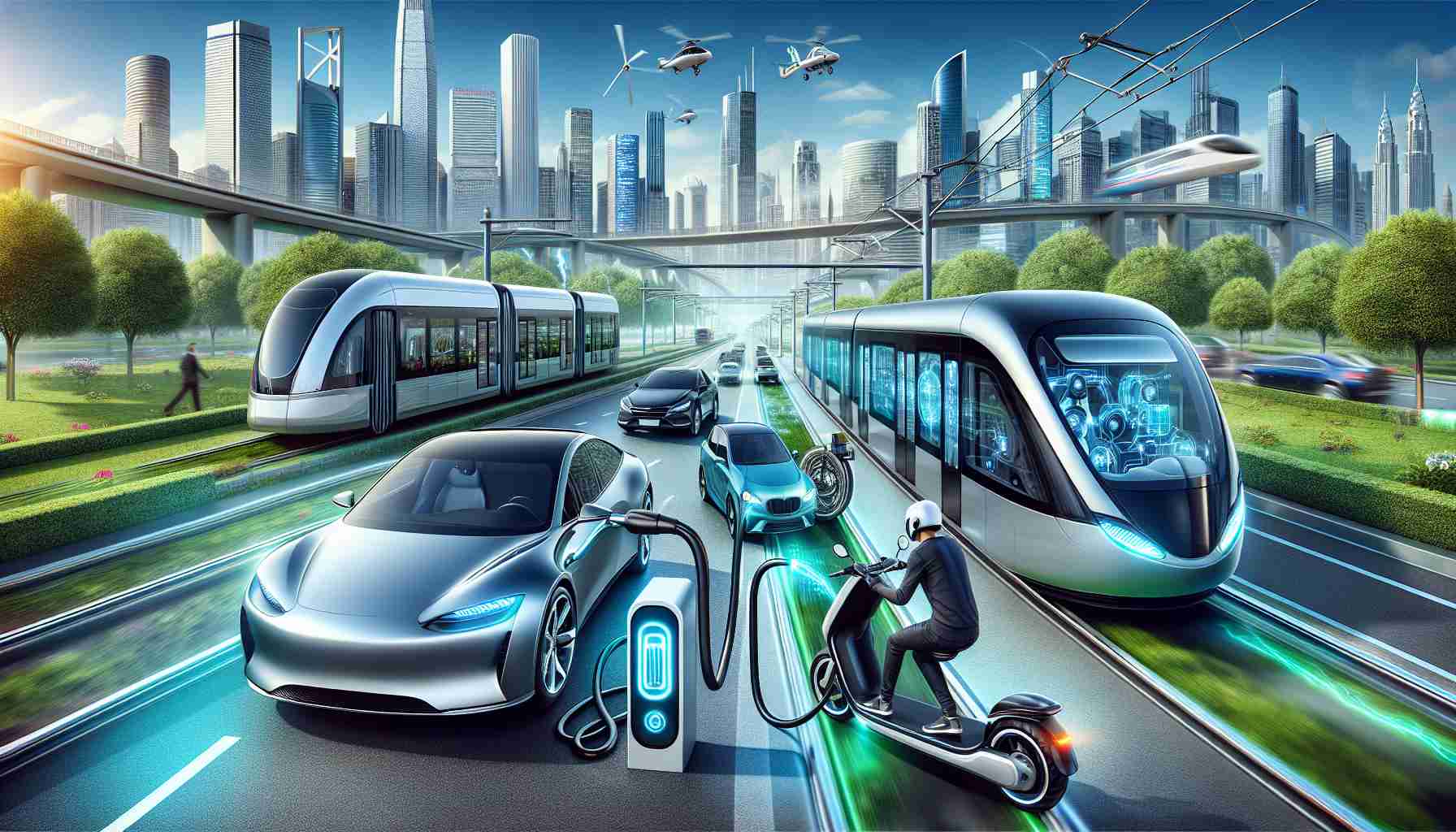Revolutionizing Electric Transportation Technology
Exploring the forefront of electric vehicle (EV) technology unveils a world of innovation beyond just the vehicles themselves. One striking advancement is the implementation of cutting-edge battery cell formation and testing technology by Unico, presented as the BAT350. This technology marks a significant leap forward in battery-cell manufacturing, potentially reducing production times from weeks to a mere matter of days. The impact? Automakers could optimize their battery plant sizes or drastically increase their battery cell output, all while striving to make EVs more cost-effective.
Setting Sail Beyond Fuel Costs
Electric transportation is not limited to cars, as demonstrated by the enlightening presentation on marine electrification at Detroit’s Battery Show. Zin Boats’ president, David Donovick, introduced the concept of electrifying maritime fleets to mirror the benefits seen in the automotive industry—a substantial decrease in fuel and maintenance expenses. The pursuit of electric boat technology is likened to a “massive gold rush,” with Zin Boats spearheading the movement with their innovative electric tender, the Z11.
Precision in Battery Cell Integrity
Ensuring the integrity of every battery cell is paramount in creating reliable battery packs for EVs. Marposs has introduced a groundbreaking solution for leak-testing battery cells, pinpointing any potential defects that may compromise the battery’s performance. By vaporizing and analyzing liquid electrolytes, Marposs’s technology guarantees that only cells meeting stringent quality standards are integrated into the final battery structure.
Electric Transportation Technology: Unlocking the Future
As the world of electric transportation technology continues to evolve, new breakthroughs and innovations are shaping the way we perceive sustainable mobility. While the focus often remains on electric cars, there are several other fascinating aspects of this revolution that deserve attention.
What challenges are associated with the widespread adoption of electric transportation technology?
One of the key questions that arise in the realm of electric transportation technology pertains to infrastructure. The need for a robust charging network remains a crucial challenge, as widespread adoption of electric vehicles hinges on easy access to charging stations. Additionally, concerns regarding the environmental impact of battery production and disposal raise important questions about the overall sustainability of electric transportation.
Advantages and Disadvantages of Electric Transportation Technology
Electric transportation technology offers a multitude of advantages, including lower operational costs, reduced greenhouse gas emissions, and a quieter, smoother driving experience. Electric vehicles are also seen as a key solution in combating air pollution and reducing dependence on fossil fuels.
However, some disadvantages persist, such as limited driving range compared to traditional vehicles, longer refueling times, and the potential strain on electricity grids as more EVs enter the market. Additionally, the initial cost of purchasing an electric vehicle can be higher than that of a conventional car, although this gap is gradually narrowing.
What are the controversies surrounding electric transportation technology?
One contentious issue in the electric transportation sector is the debate over the sourcing of raw materials for battery production. The demand for minerals such as lithium, cobalt, and nickel raises concerns about environmental sustainability, human rights violations in mining practices, and geopolitical implications.
Overall, the electrification of transportation presents a promising shift towards a more sustainable future, but it also brings about complex challenges and debates that need to be addressed for meaningful progress.
For more insights on the latest developments in electric transportation technology, visit ElectricTransportationTech.com.
https://youtube.com/watch?v=iZl84kdjqw8








